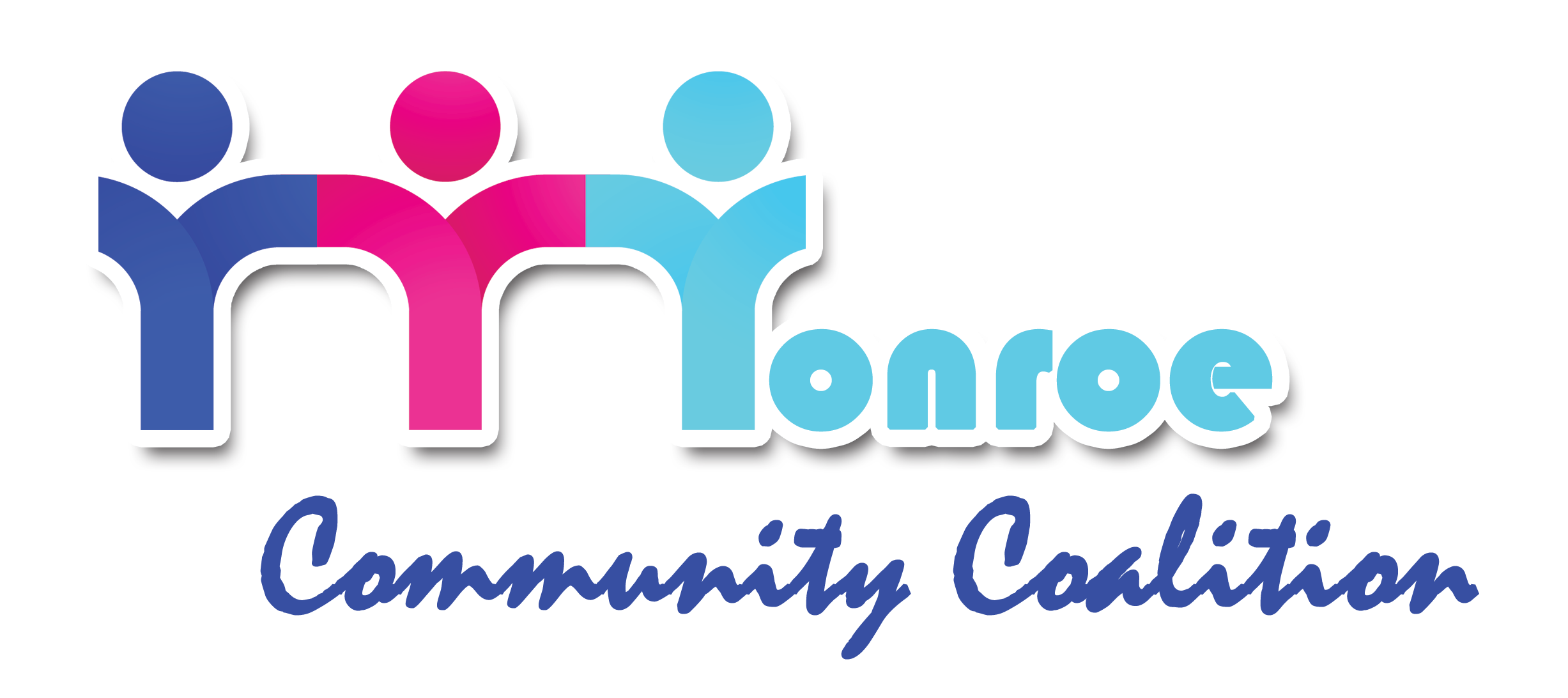Adverse Childhood Experiences
What are ACEs?
Adverse Childhood Experiences are childhood traumatic events that can change brain development. These changes have been shown to impact learning ability, social skills and cause many long-term health and opportunity problems. The Centers for Disease Control and Prevention views ACEs as one of the most important health issues facing our country in the 21st century.
In fact, ACES are very common among youth throughout Washington State and Snohomish County. According to the Snohomish County Health Department, local youth who report having ACEs experience a greater chance of:
- Poor academic performance;
- Using alcohol, cigarettes and illicit drugs;
- Being involved in violence;
- Having diabetes, asthma, or being overweight.
The Washington State Family Policy Council estimated that nearly 1/3rd of students in a classroom of 30 will have an ACE score of 3 or more! Although ACEs are powerful influencers of poor health and opportunity loss in later life, they often go undetected through key early developmental stages. Researchers have identified a core set of 10 adverse experiences that predict poor outcomes.
The Adverse Experiences
Adverse Childhood Experiences include:
- Emotional abuse
- Physical abuse
- Sexual abuse
- Emotional neglect
- Physical neglect
- Mother treated violently
- Household substance abuse
- Household mental illness
- Parental separation or divorce
- Incarcerated household members
ACEs Impact Student Outcomes
In 2012, researchers from Johns Hopkins University published findings on the impact of ACES in school buildings. They found that students with an ACE score of 3 or more experienced risk factors for academic failure at nearly twice the rate of students with zero ACEs, and nearly quadrupled the rate for grade repetition. A few years later, another researcher named Nadie Burke discovered that students with zero ACES required significantly less support and intervention at school.
ACEs Contribute to Staff Burnout
In addition to ACEs significant impact on student outcomes, many teachers and paras are also impacted by their student’s exposure to trauma. They are essentially serving on the ACEs “frontline” without the appropriate training or tools to teach to these trauma-injured brains. The result is they are likely experiencing the emotional residue of working with trauma impacted students and families, also called vicarious trauma or compassion fatigue.






